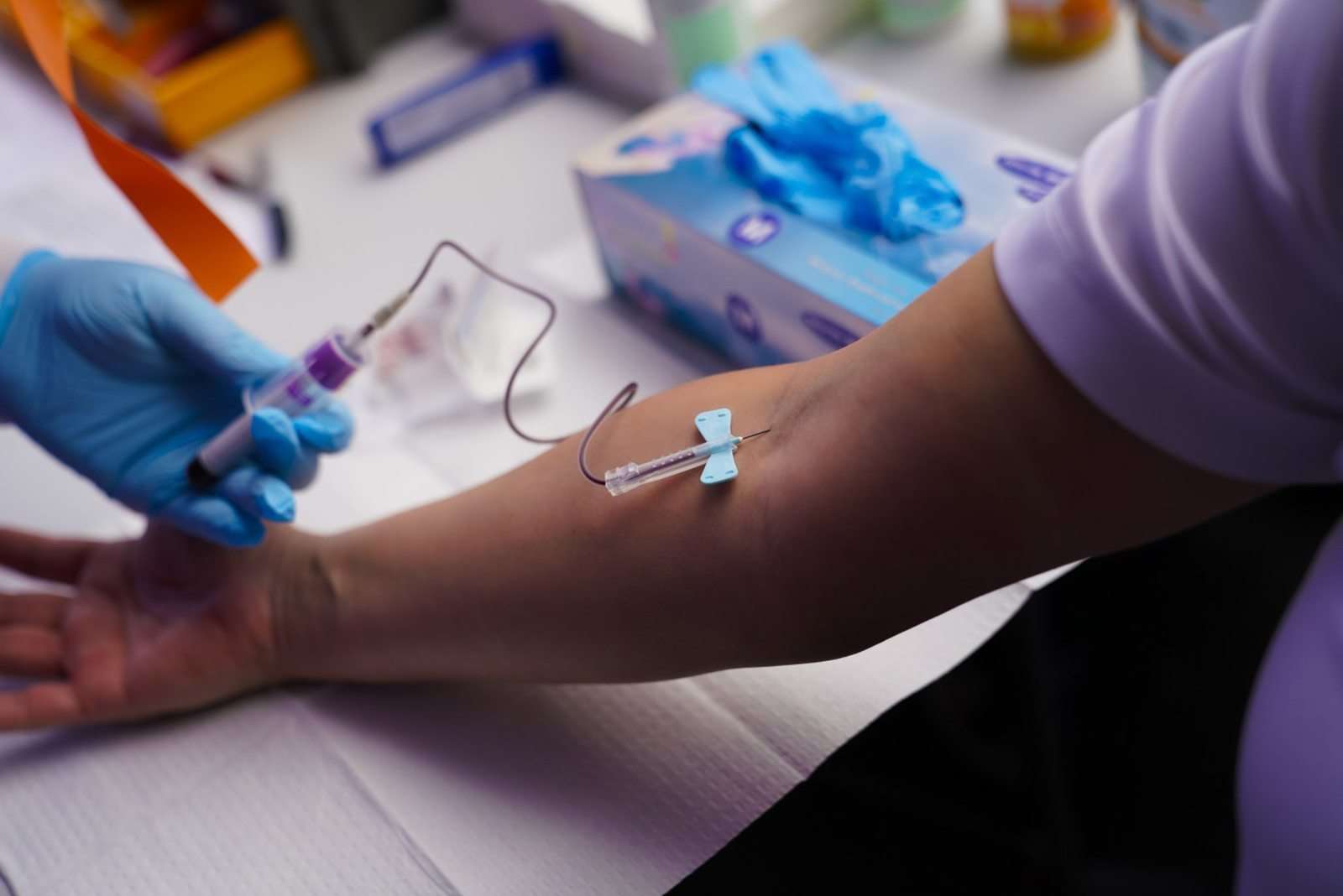Blood Tests

What are Blood Tests?
Blood tests are medical tests that analyze a sample of your blood to assess your overall health and detect a wide range of conditions and diseases. They are a fundamental part of medical diagnostics.
Why are Blood Tests Important?
Blood tests provide valuable information about the functioning of your organs, the presence of diseases, and the levels of various substances in your blood. They help in diagnosing conditions, monitoring ongoing health issues, and guiding treatment decisions.
Common Types of Blood Tests
- Complete Blood Count (CBC)
- Purpose: Measures the levels of different components in your blood, including red blood cells, white blood cells, and platelets.
- Significance: Helps diagnose conditions like anemia, infections, and blood disorders.
- Blood Chemistry Tests (Basic Metabolic Panel or Comprehensive Metabolic Panel)
- Purpose: Measures levels of various chemicals in your blood, such as glucose, calcium, and electrolytes.
- Significance: Provides information about your kidney and liver function, blood sugar levels, and electrolyte balance.
- Lipid Panel
- Purpose: Measures levels of cholesterol and triglycerides in your blood.
- Significance: Helps assess your risk of cardiovascular diseases like heart attack and stroke.
- Thyroid Function Tests
- Purpose: Measures levels of thyroid hormones (T3, T4) and thyroid-stimulating hormone (TSH).
- Significance: Helps diagnose thyroid disorders such as hypothyroidism and hyperthyroidism.
- Liver Function Tests
- Purpose: Measures levels of enzymes and proteins produced by the liver.
- Significance: Assesses liver health and helps diagnose liver diseases such as hepatitis and cirrhosis.
- Blood Glucose Tests
- Purpose: Measures blood sugar levels.
- Significance: Helps diagnose and monitor diabetes and prediabetes.
- Coagulation Panel
- Purpose: Measures how well your blood clots.
- Significance: Helps diagnose bleeding disorders and monitor conditions that affect blood clotting.
The Blood Test Procedure
- Preparation: Some blood tests require fasting for a certain period (usually 8-12 hours) before the test. Follow your healthcare provider’s instructions.
- During the Test: A healthcare professional will clean the area where the blood will be drawn (usually the inside of your elbow), insert a needle into a vein, and collect the blood sample into one or more vials.
- After the Test: The needle is removed, and a small bandage is applied to the puncture site. You can resume normal activities immediately. Drink plenty of fluids and eat a healthy meal if you had to
fast before the test.
What to Expect During and After Blood Tests
The process of drawing blood is generally quick and only slightly uncomfortable. You might feel a small pinch when the needle is inserted. Afterward, you may have a small bruise or slight soreness at the puncture site, which typically resolves in a few days.
Understanding the Results
The results of your blood test will be analyzed by a healthcare professional. They will compare your levels to normal ranges to determine if there are any abnormalities.
- Normal Result: Indicates that your blood components are within the normal ranges, suggesting that your body is functioning as expected.
- Abnormal Result: Indicates that some components are outside the normal ranges, which might suggest an underlying condition or disease. Further testing or evaluation might be needed.
